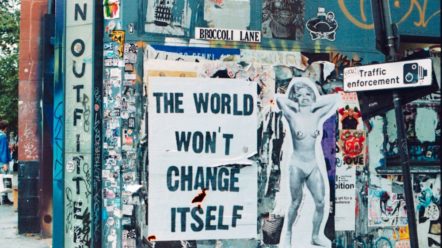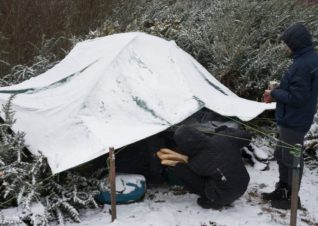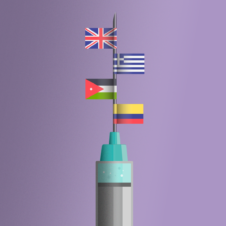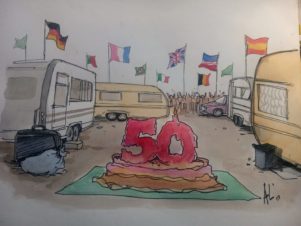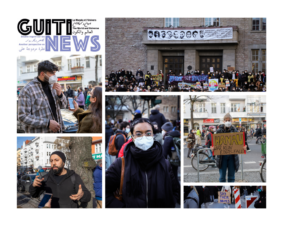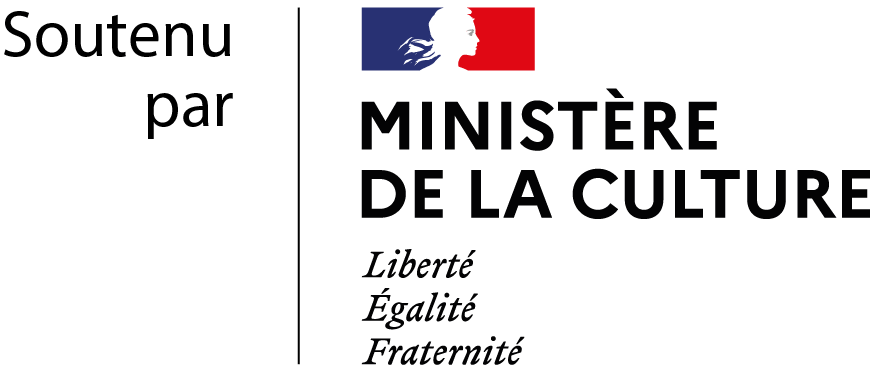« Being able to carry on a conversation is the key to fitting in. »
An employee of the L'Oréal Foundation, Hassan Karam has enjoyed a successful professional rise since arriving in France in 2014. The 36-year-old Sudanese refugee now seeks to facilitate the integration of refugees through his association "La Voix des réfugiés."
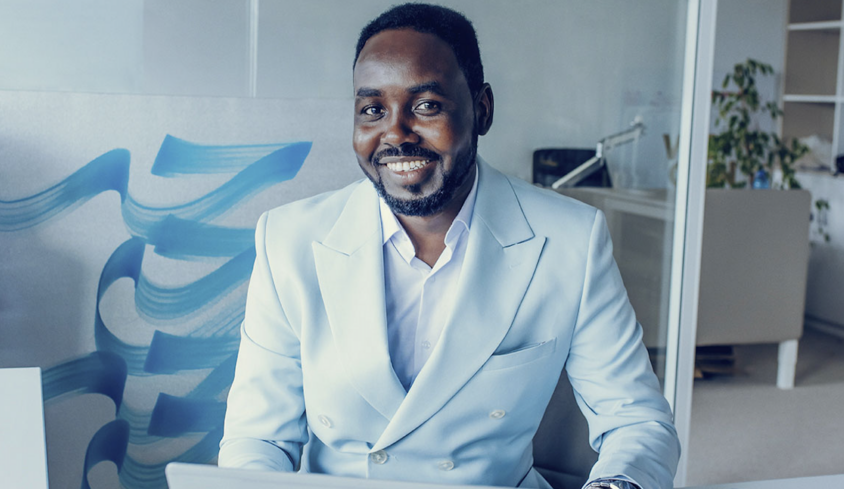
Could you tell us what led you to seek asylum in France?
I am originally from Darfur. I studied media communications and journalism there. My dream was to become a TV presenter. In 2010, I went to India to study e-commerce and my life changed. There I met people from Darfur. They had set up groups to raise awareness of the war in Sudan. I was very active with them and when I returned to Sudan, I was arrested. They forced me to collaborate with the government, to spy on people in my neighborhood. I had to check in twice a week and give them information. I couldn’t see any future there. That’s why I had to flee, at the end of 2014. I drove to Egypt and took the boat. I spent 9 days at sea. I entered France via Ventimiglia and then passed through Paris before arriving in Calais. I stayed there for 3 months. In 2015, I applied for asylum and was granted it.
What memories do you have of your three months in Calais?
My memories are difficult. I lost a friend who fell off a lorry while trying to reach England. I was deeply saddened. And then, around these tragedies, I was very touched by the commitment of the citizens in the Calais camps. I didn’t speak French, yet I was able to make friends with some of the volunteers. Despite the difficulties, this spirit of solidarity between exiles, associations and citizens is a strength. I applied for asylum in France because I love the French language. I was welcomed at the Cada in Arras.
What challenges did you face after obtaining refugee status?
The struggle: learning French. It really is a struggle. On the way to exile, sometimes I only drank one glass of water a day, I went hungry, it was difficult. But the struggle to integrate, to find a place in society, was really not easy. I’m an allophone. My mother tongue is a foreign language in the community I was in. I went to La Croix Rouge, and we were in a mixed class. I didn’t even know the alphabet. How could anyone learn like that? I stopped everything and started to learn French on my own, thanks to Alexia’s video lessons on Youtube. She helps you to understand French orally through explanatory videos! And one day, I’d like to tell you a terrible anecdote. One day, I took the bus to the Red Cross and a lady attacked me because I was speaking in Arabic. « Why do you speak that language? We speak French here! » I couldn’t answer her. Learning French has been a weapon for defending myself and finding my place. Conversation is the key to integration.
What other encounters were decisive in your career?
I met a volunteer at the Reception Center for Asylum Seekers (CADA) in Arras. Her name is Françoise Lobbedez. She helped us learn grammar and conversation. Some words are difficult to pronounce, like « rue. » I used to say « roue. »
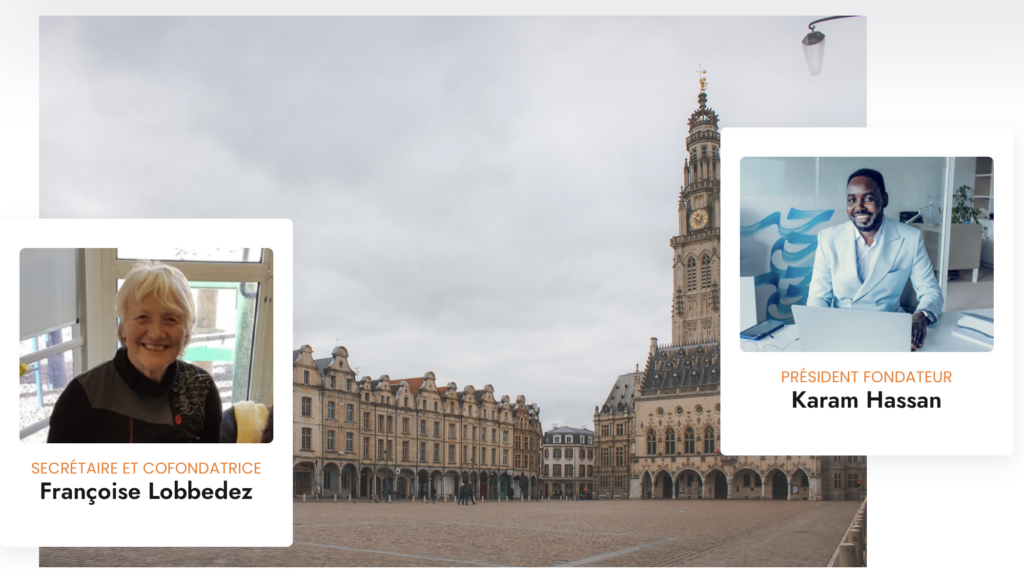
And then in July 2016, Françoise helped me apply for a university diploma (DU) at the University of Arras. But the registration fee was 2700 Euros. It was impossible for me to come up with the money. So I went to see the mayor of Arras. I told him I’d like to go to university to get more training, and he said, « We’ll see. » I was accepted at the university and my tuition fees were waived. The city paid for it. I did one year and passed B2. I’m grateful to the Mayor because I was able to get a master’s degree in project management, which I’ll be taking in 2019. Then I founded the association : La voix des réfugiés.
What is the association’s mission?
I went through so much to learn French that I want to help newcomers too. My aim is also to help them find employment. Being a refugee, leaving your home, nobody does it for pleasure. It means leaving everything behind and starting from scratch. It takes a lot of courage, perseverance and drive. I got through it thanks to a chain of mutual aid and people who supported me. For me, the power of encounters is powerful.
What was your career path after university?
Someone told me about the Wintegreat program, which works for the socio-professional integration of refugees and asylum seekers, by mobilizing the know-how of higher education establishments. I also learned about Each One, which helps people return to sustainable employment and enables companies to recruit talented refugees. In Calais, you can apply. They have programs in the grandes écoles and they coached me. One of my coaches told me about a 6-month internship at L’ORÉAL and advised me to apply. I’ve really met some great people, thanks also to the Tent Foundation, which has given me visibility. I’d never have imagined I’d be able to create such a professional network. I also realized that there are people in the company who had never been in contact with refugees. At the coffee machine, some of them said to me, « This is the first time I have seen a refugee. »
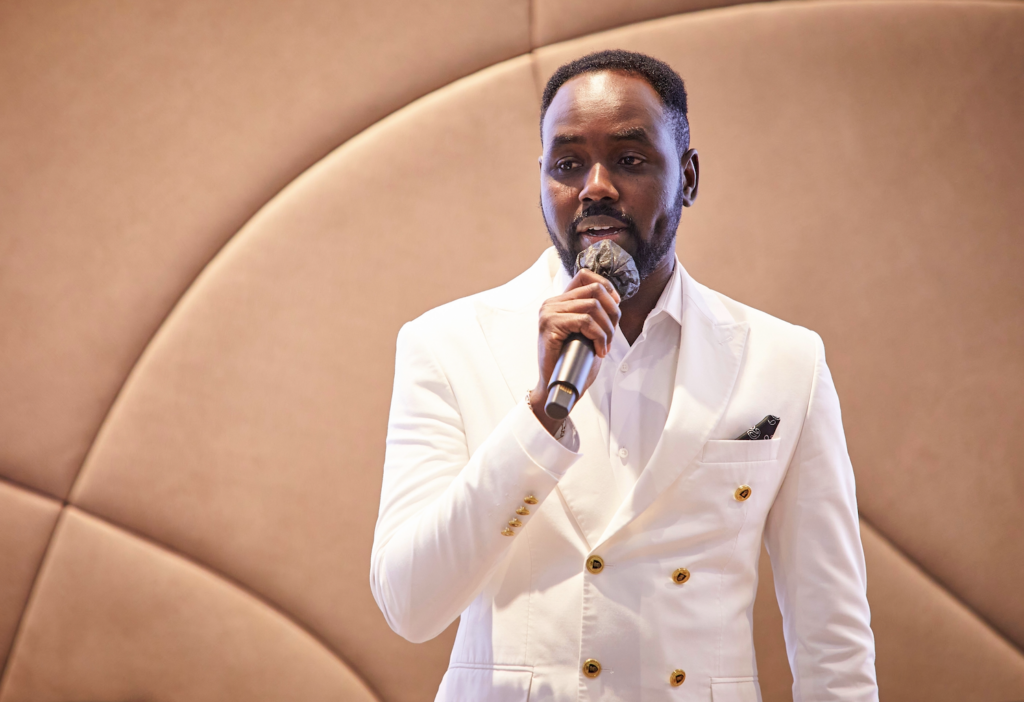
And then on March 2, 2020, I signed my permanent contract as Communications Manager at L’Oréal. The team, from the General Manager down to the two people I work with, have given me confidence. They’ve done everything to make me feel good. I’ve been able to take training courses that have enabled me to grow. I was promoted 1 year ago. I’m a project manager at the L’ORÉAL foundation, working on a program to help women in precarious situations. We support them in two ways: through training in hairdressing and make-up, and through a beauty consultant course. In total, over 45,000 women have been supported since 2016, in 8 countries. We’re changing people’s lives, it’s touching because I can see the results concretely.
What advice would you give today to refugees to help them integrate in France?
You have to believe in yourself. If you don’t believe in yourself, you won’t go any further. And then you have to realize that having a dual culture is a privilege. It’s like being a citizen of the world. I would also say that you have to reach out to others, that you don’t have to stay at home. And I insist on the importance of learning French, it’s the number 1 piece of advice, it helps you to be in contact with others.
